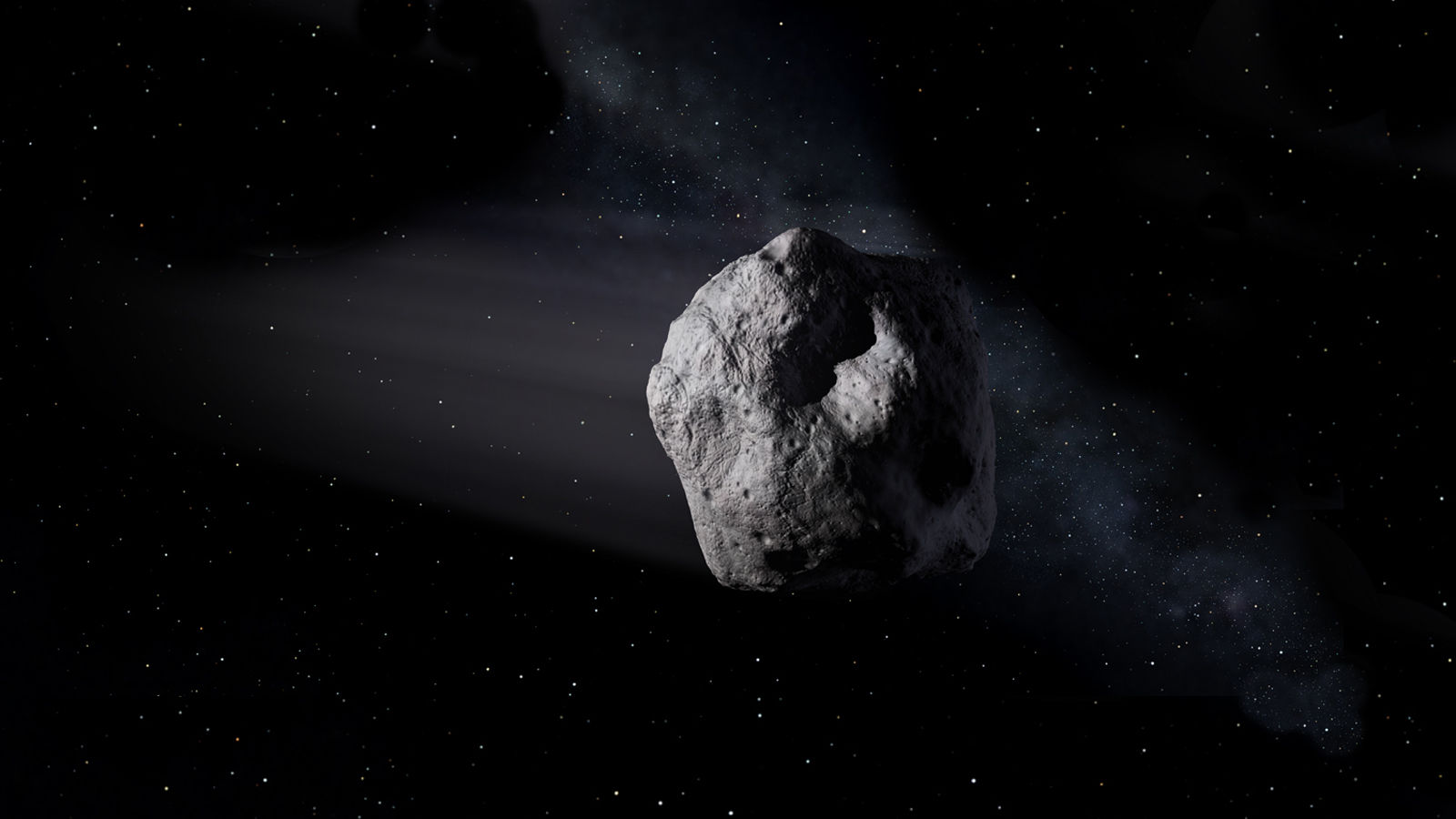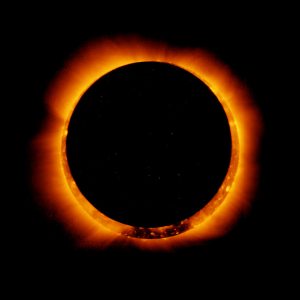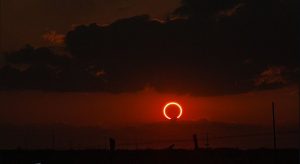Elon Musk, the CEO of SpaceX and Tesla, has claimed on Twitter that an asteroid will eventually strike the earth and lead to extinction of the human civilization as we know it. The billionaire tycoon shared an article by the BBC that explains how mammals took over the earth after non-avian dinosaurs were killed by an asteroid strike. He claimed, “This will happen again – just a matter of time”:
This is not the first time that such a claim has been made. Earlier in 1980, the father-son duo of Luis and Walter Alvarez provided a similar hypothesis, which was later accepted by a number of scientists across the world. During an expedition to Italy, Alvarez and his team had discovered a thin layer of clay above as well as below the Cretaceous–Paleogene boundary.
Also Read| Elon Musk warns mass extinction: How true is billionaire’s prediction?
This clay contained traces of rare minerals, glassy spheres, microscopic diamonds, and soot. Alvarez, in a subsequent paper that he published, claimed that such particles occur only under extreme pressure and temperature, suggesting that it could only happen if an extraterrestrial object slammed onto the earth.
Although his proposition was criticized by fellow scientists upon its release, after the discovery of Chicxulub, an impact crater near the Mexican coast, many began to agree with Alvarez.
Apophis headed towards the earth?
In 2004, the Kitt Peak National Observatory had spotted an asteroid, Apophis, which has a diameter of 370m and had predicted that it could strike the earth in 2029. The chances of collision were low, at three percent. In a blog post by NASA’s Jet Propulsion Laboratory (JPL), astronomer Davide Farnocchia claimed that the asteroid will pass at around 19,000 miles above the earth’s surface.
Also Read| Elon Musk issues extinction warning: ‘Just a matter of time’ before world ends
Although Apophis might not strike the earth, it will have an impact on the planet’s gravitation force, causing small avalanches, the post also claimed. Marina Brozovi, another JPL scientist, claimed that this will be a golden chance for astronomers to learn more about outer space if a small spacecraft is sent to meet Apophis.







